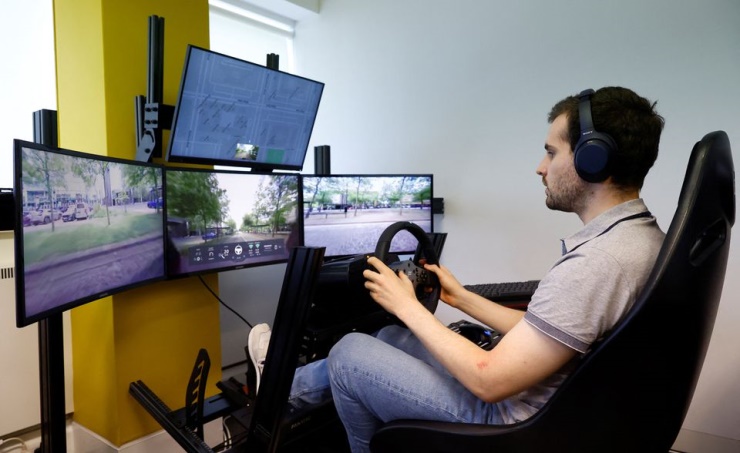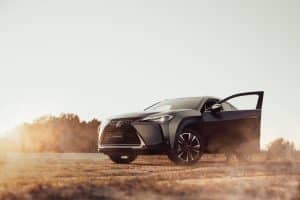
AV startups raised tens of billions of dollars on the promise of creating genuinely self-driving vehicles.
The industry executives and experts say remote human supervisors may be needed permanently to help robot drivers in trouble.
The fundamental tenet of autonomous vehicles is that mishaps brought on by human mistake would be drastically reduced thanks to computers and artificial intelligence, according to Reuters.
Making robot cars that can drive more safely than people is immensely tough because self-driving software systems simply lack humans’ ability to predict and assess risk quickly, especially when encountering unexpected incidents or “edge cases.”
“Well, my question would be, ‘Why?'” said Kyle Vogt, CEO of Cruise, a unit of General Motors, when asked if he could see a point where remote human overseers should be removed from operations.
“I can provide my customers peace of mind knowing there is always a human there to help if needed,” Vogt said.
Like air traffic controllers, such human supervisors could be sitting tens of hundreds of miles away monitoring video feeds from multiple AVs, sometimes with a steering wheel, ready to step in and get stuck robot drivers moving again – AVs invariably stop when they cannot figure out what to do.
Alphabet Inc’s Waymo and Argo, backed by Ford Motor Co and Volkswagen AG, declined to comment when asked the same question.
GM recalled and updated software in 80 Cruise self-driving vehicles this month after a June crash in San Francisco left two people injured.
US safety regulators said the recalled software could “incorrectly predict” an oncoming vehicle’s path, and Cruise said the unusual scenario would not recur after the update.
For some, the idea that human supervisors could be here to stay raises more doubts about the technology.
Truly autonomous vehicles are far behind the optimistic rollout schedules predicted just a few years ago.
In 2018, GM sought US government approval for a fully autonomous car without a steering wheel, brake or accelerator pedals that would enter its commercial ride-sharing fleet in 2019.
That vehicle, the Cruise Origin, now is not slated to begin production until spring 2023, Vogt said.
In 2019, Tesla Inc CEO Elon Musk promised a million robotaxis “next year for sure” – though his company’s “Full Self Driving” offering has been criticized because its cars are not capable of driving themselves without a human behind the wheel and ready to take manual control in an emergency.
In a June interview on YouTube, Musk said developing self-driving cars was “way harder than I originally thought, by far.”
But when asked for a timeline, he said Tesla could make it “this year.”
The undelivered promise of true autonomy has raised the stakes for the AV industry.
“If these companies don’t succeed over the next two years, they’re not going to exist anymore,” said Mike Wagner, CEO of Edge Case Research, which helps AV companies assess, manage, and insure risk.












